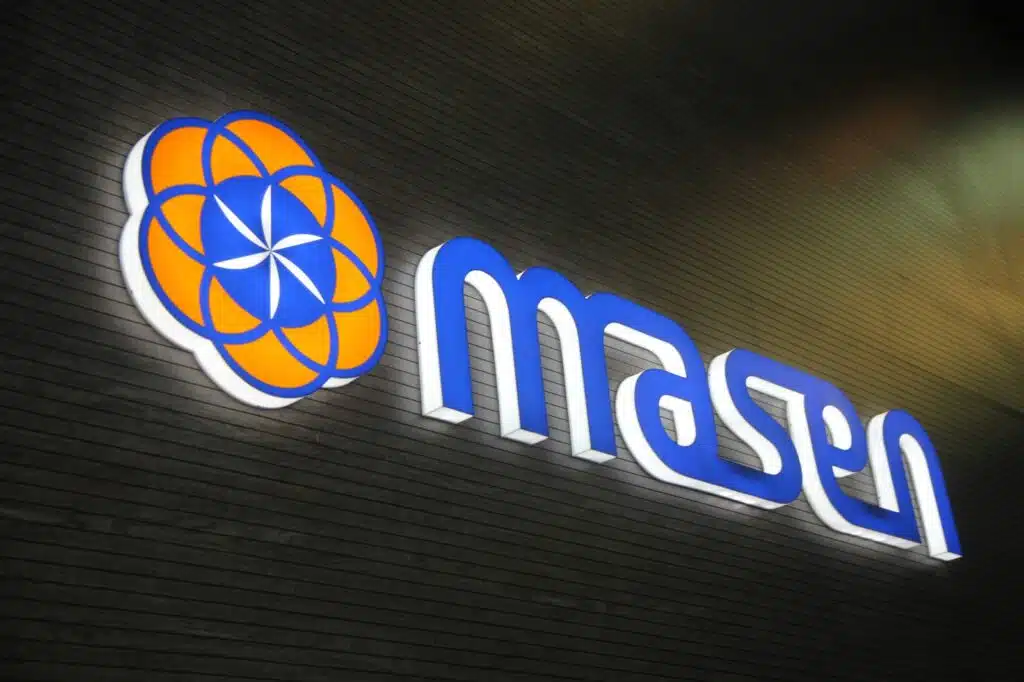
Taqa Morocco and JBIC Partner to Advance Sustainable Energy Infrastructure

Mining in the Andes: Critical Minerals and the Next Phase of Global Investment

The Chile electricity market has been undergoing a turning point for the last 5 years.
Other geopolitical factors include the increase of fossil fuel prices. Chile is not a producer of oil or gas, so all of it is imported leaving the country very vulnerable to their price volatility. There are electricity contracts indexed to fossil fuels, so the electricity tariff goes up with more expensive oil and gas; the government also subsidises diesel for vehicles (the order of magnitude of this subsidy was 300million USD in the last year).
In addition, the 2019 social uprise led to a devaluation of the Chilean peso and an accumulated debt to temporarily stabilise the electricity tariff which had to be extended during the pandemic.
More transmission, regulated open access to the grid, a reduction of the Technical Minimum of fossil fuel plants or decarbonisation KPIs specific for the CEN, might help; but there is a common solution to these issues that would have extreme impact and has high consensus across the industry: Electrification.
It simply does not make sense to throw away renewable energy (mostly solar PV) across the country during the daylight hours while we fill our tanks with petrol and diesel which apart from costing us a fortune, are being subsidised by public money which could be used for education, healthcare or other services. Improving the distribution infrastructure to make it weatherproof and reliable followed by electrifying transport and heating and inviting consumers to make use of much better electricity tariffs during the day is a win for everyone.


